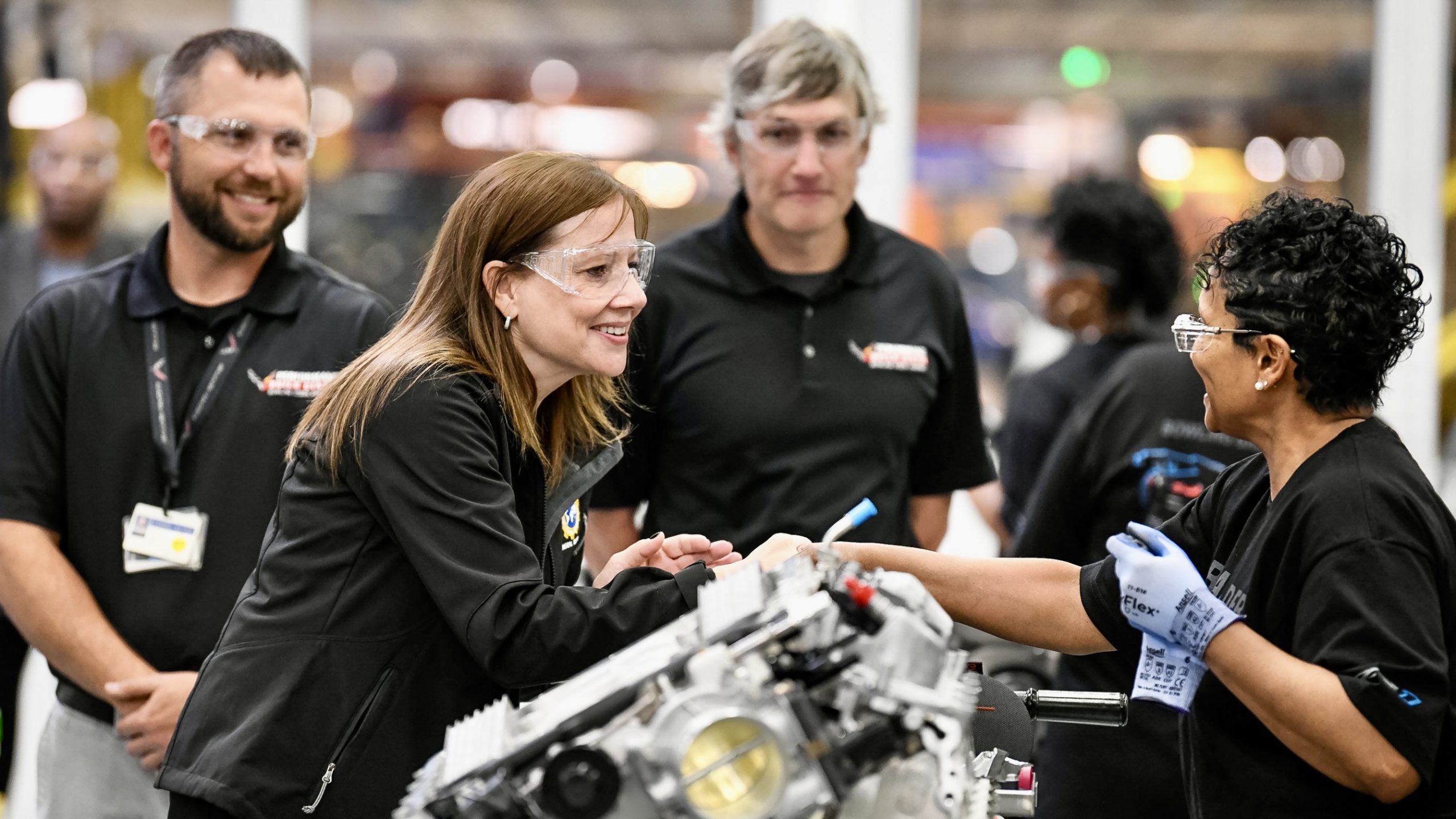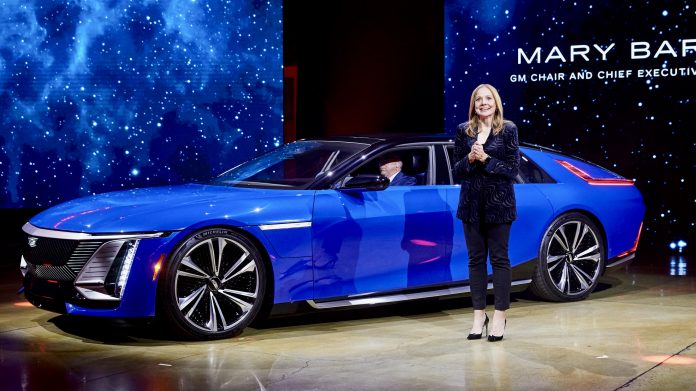Executive compensation is a barometer of corporate performance and market trends in the dynamic automotive industry. The year 2023 witnessed notable shifts in the pay packages of top leaders, with General Motors (GM) CEO Mary Barra experiencing a 3.9% decline in her total compensation compared to the previous year.
Mary Barra’s Compensation –
Mary Barra’s total compensation for 2023 amounted to $27.8 million, reflecting a slight decrease from her earnings in the preceding year. Despite her $2.1 million salary remaining unchanged, stock awards worth $14.6 million and $4.9 million in options contributed to her overall pay package. Despite surpassing earnings and cash flow targets, lower incentive payouts were attributed to GM’s underperformance in key areas, particularly in electric and autonomous vehicles (EVs and AVs).
Comparison with Industry Peers –

In contrast to Barra’s compensation trajectory, Ford CEO Jim Farley saw a significant rise in his earnings, with a 26% increase bringing his total compensation to $26.5 million in 2023. Meanwhile, Stellantis’ CEO Carlos Tavares garnered a substantial pay package of €36.5 million ($39 million), approved by shareholders amidst investor concerns amid job cuts.
Industry Trends and Investor Sentiment –
The discrepancy in executive compensation among automotive giants underscores broader industry trends and investor sentiments. GM’s decision to tie bonuses to strategic areas such as combustion vehicles, EVs, AVs, and software reflects a shift towards incentivizing alignment with long-term transformation goals. The move aims to foster greater accountability and enterprise-wide perspective among executives and salaried employees.
Response to Criticism –
Barra’s compensation relative to GM’s median employee pay, which stood at $91,778 in 2023, has drawn scrutiny, particularly in comparison to manufacturing workers’ wages. The decline in the CEO-to-median-employee pay ratio from 362:1 in 2022 to 303:1 in 2023 signals a response to such criticisms and suggests efforts towards addressing income disparities within the company. However, it is still far from where groups like the United Auto Workers (UAW) would like to see them.










